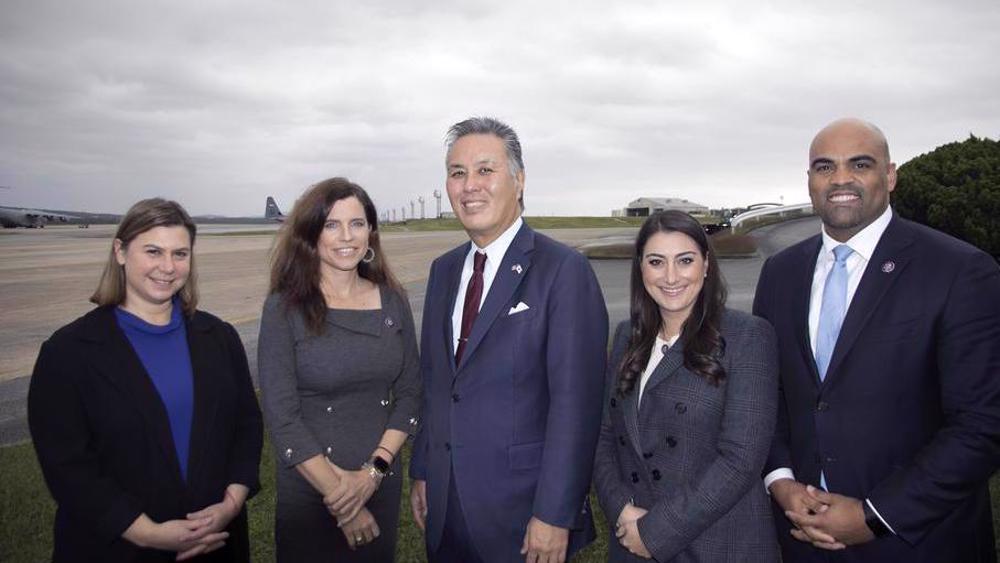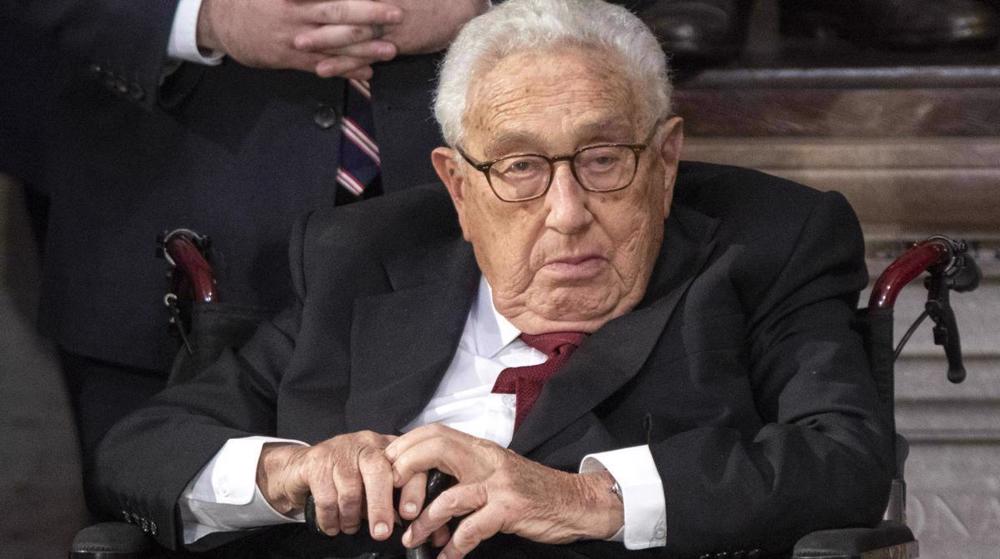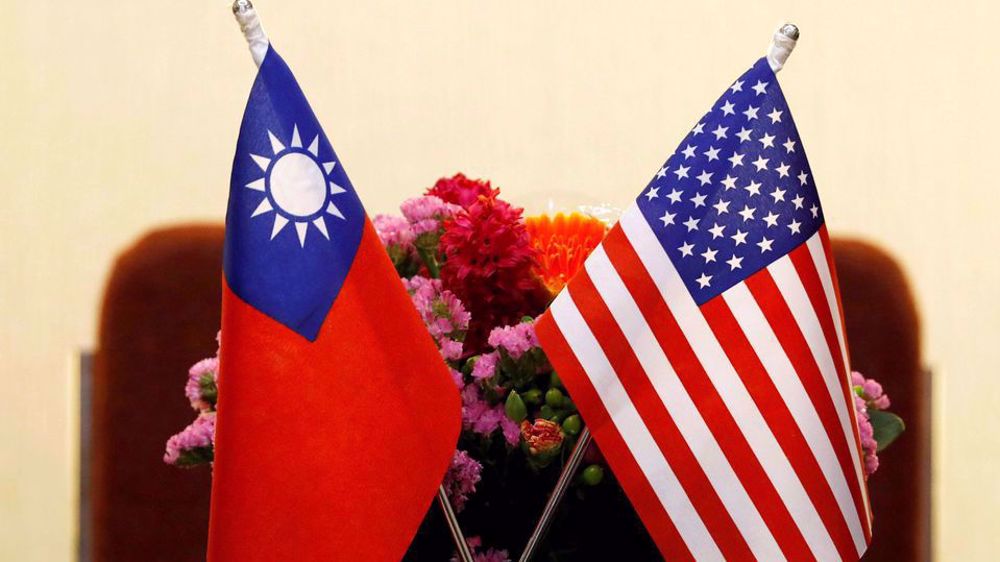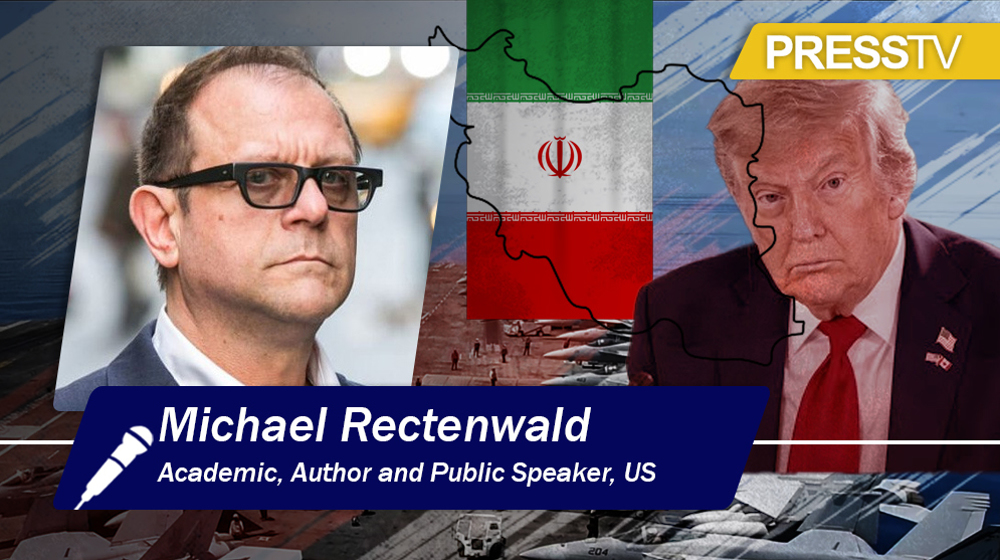US lawmakers visiting Chinese Taipei for meetings amid tensions with China
Five members of the US House of Representatives are planning to visit Chinese Taipei on Friday to meet with President Tsai Ing-wen and defense ministry officials, despite warnings from China to the United States against interfering in the island’s affairs.
The group includes Representatives Mark Takano (D-Calif.), chairman of the House Committee on Veterans' Affairs, Colin Allred (D-Texas), Elissa Slotkin (D-Mich.), Sara Jacobs (D-Calif.) and Nancy Mace (R-S.C.), Taiwan’s official Central News Agency reported on Thursday
The American lawmakers are reportedly in East Asia on a Thanksgiving trip to Japan and South Korea. This would be a second visit by a US delegation to Chinese Taipei this month amid growing tensions between Beijing and Washington.
“There’s a growing sense of a new reality with China, a stronger China, a more equipped China, a China that is closing the innovation gap,” Takano, a California Democrat and chair of the House Veterans Affairs Committee, told Stars and Stripes on Tuesday in Okinawa, Japan. “And that new reality hasn’t really sunk in, in a clear way, in an informed way, with all of our colleagues, I think even with the American people.”
Congressman Slotkin, a former CIA analyst, said something must be done to maintain order in the Asia-Pacific region following China’s repeated “Sputnik moments.”
The United States angered Beijing this week by inviting Taiwan to the first-ever “Summit for Democracy.”
In response, China warned the United States over issues related to Chinese Taipei, stressing that there is no room for compromise over the self-governed island and that Washington should not have any illusions about it.
Chinese Defense Ministry spokesman Wu Qian made the remarks at a press conference in Beijing on Thursday when asked to comment on the future of Sino-US military ties following the recent virtual meeting between the presidents of the two countries.
The Chinese spokesman said the US had of late made a series of “provocations” on several issues, including Taipei, the South China Sea, and “close up reconnaissance by warships and aircraft.”
"For a period of time, the US side has said a lot of irresponsible things and done a lot of provocative things on Taiwan, the South China Sea, and close-up reconnaissance by warships and aircraft," Wu said.
Wu said China had principles for the development of relations between the two militaries, including that its sovereignty, dignity, and core interests cannot be violated.
Earlier this month, US President Joe Biden and Chinese President Xi Jinping held a summit amid heightened tensions between the two economic giants, during which sharp differences persisted over Taipei.
Xi warned Biden that US support for Taiwanese independence was like “playing with fire... and those who play with fire will get burned.”
Biden underscored that the United States remained committed to the “One China” policy, but said it “strongly opposes unilateral efforts to change the status quo or undermine peace and stability across the Taiwan Strait.”
China has sovereignty over Chinese Taipei, and under the “One China” policy, almost all world countries recognize that sovereignty. The US, too, recognizes Chinese sovereignty over the island but has long courted Taipei in an attempt to unnerve Beijing.
Tensions between Chinese Taipei, China, and the US have been at their highest in decades.
China has been flying fighter jets close to Chinese Taipei while the US has reportedly had troops deployed in the territory for the past year for alleged training purposes.
Last month, Biden said the United States would come to Taipei’s aid if it were to come under attack from China, claiming it had a commitment to defend the self-ruled island.
China blasted the statement, accusing Washington of meddling in Chinese internal affairs.
The United States, which backs Taipei’s secessionist president, also continues to sell weapons to the island in defiance of Beijing and in violation of its own official policy.
Hezbollah: 47 years of Iranian progress proof of ‘abject failure’ of Western plots
Iran’s Larijani meets Qatari emir amid nuclear talks with US
VIDEO | 47th anniversary of Islamic Revolution celebrated at Iran's Embassy to Holy See
VIDEO | Sana’a marks February 11 anniversary with mass rally at US embassy site
VIDEO | Iran’s Embassy in Ethiopia celebrates 47th anniversary of Islamic Revolution
Saudi leaders congratulate Iran on 47th anniversary of Islamic Revolution
VIDEO | Iranian embassy in Malaysia celebrates Islamic Revolution anniversary
VIDEO | Press TV's news headlines













 This makes it easy to access the Press TV website
This makes it easy to access the Press TV website